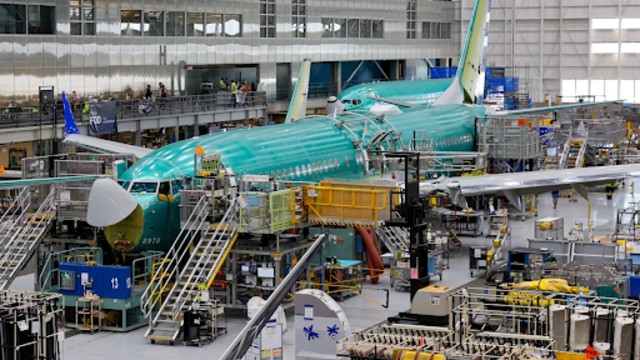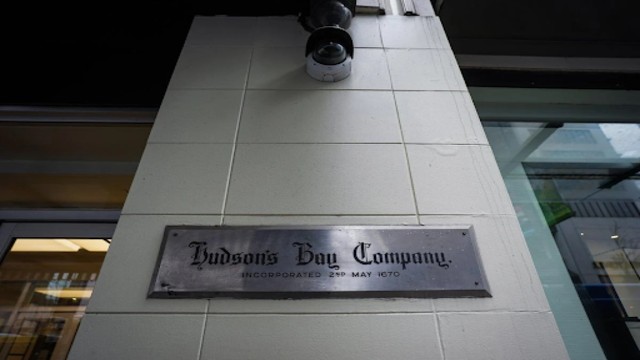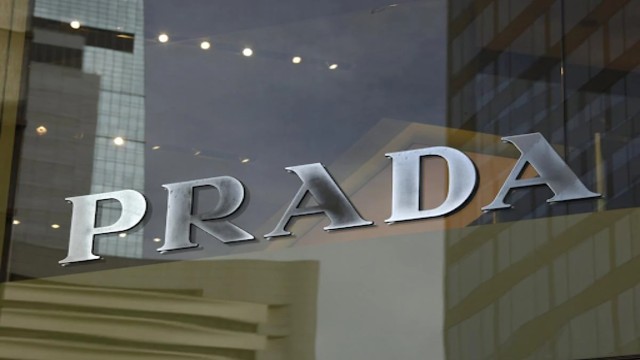
An Uber driver is seen in Vancouver, Friday, Jan. 24, 2020. British Columbia has finalized regulations to provide minimum-wage measures and basic protections for ride-hailing and delivery workers using app-based platforms such as Uber, Lyft, DoorDash and SkipTheDishes. THE CANADIAN PRESS/Darryl Dyck
VICTORIA - British Columbia has introduced regulations ensuring a minimum wage and basic protections for app-based ride-hailing and delivery workers using platforms like Uber, DoorDash, and SkipTheDishes.
The Ministry of Labour announced that these new regulations, effective September 3, are a first in Canada. Developed through years of consultation with stakeholders, they address key worker concerns, including low, unpredictable pay, tip protection, and the lack of workers' compensation.
The new rules set a minimum wage of $20.88 per hour for time spent on a job, which is 20% higher than B.C.'s general minimum wage. This premium accounts for the time workers spend waiting between assignments, which is not covered by the minimum wage.
Additionally, the regulations ensure that workers receive 100% of customer tips and introduce a per-kilometre vehicle allowance of 35 to 45 cents to help cover expenses. Workers will also be covered by B.C.'s workers' compensation agency.
Platforms must now show workers the job location and estimated pay before they accept an assignment. Companies must also provide a reason if a worker is suspended or terminated.
Labour Minister Harry Bains emphasized the need for fairness for app-based workers. “Everyone working hard to support their families should have basic protections so if they're injured on the job, they won't lose their homes,” Bains stated. “These regulations ensure fair pay and basic protections for these workers.”
The B.C. government estimates around 11,000 ride-hailing drivers and 35,000 delivery workers will benefit from these rules, which do not apply to other gig workers such as freelance writers, musicians, or dog walkers.
The government will share the final regulations soon. Companies must ensure workers' earnings meet the new standard for "engaged time," excluding tips from the minimum earnings calculation.
Companies operating these platforms will also be responsible for registering with WorkSafeBC, paying premiums, reporting injuries, and investigating significant incidents.
Bridgitte Anderson, president of the Greater Vancouver Board of Trade, expressed concern that these changes could add burdens and reduce flexibility for businesses in B.C. "Companies in B.C. already contend with some of the highest costs and strictest regulatory and tax environments in North America," she said. However, she acknowledged that guaranteeing a minimum wage is a "positive" measure and advocated for a balanced approach that protects workers while preserving the flexibility and income opportunities inherent in gig work.















